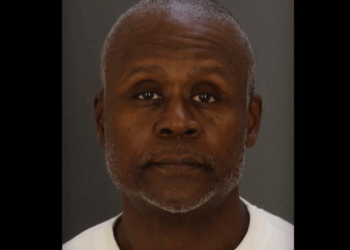Former Treasury Secretary and Obama National Economic Council Director Larry Summers criticized Republicans’ One Big Beautiful Bill Act that President Donald Trump signed into law last week.
Summers, who served as treasury secretary from 1999 to 2001 and former President Barack Obama’s top economic adviser from 2009 to 2010, said the bill made him “embarrassed for my country.” He noted that the Neil Budget Lab, a nonpartisan policy research center at Yale University, estimated that the bill will cause the death of 10,000 people in 10 years, calling it “2,000 days of death.”
“These higher interest rates, these cutbacks and subsidies to electricity, these reductions in the availability of housing, the fact that hospitals are going to have to take care of these people and pass on the costs to everybody else,” Summers said.
“That’s going to mean more inflation, more risk that the Fed has to raise interest rates and run the risk of recession, more stagflation — that’s the risk facing every middle-class family in this country because of this bill,” he added. “And for what? A million dollars over 10 years to the top tenth of a percent of our population. Is that the highest priority use of federal money right now? I don’t think so.”
Summers called the legislation a “shameful act by our Congress and by our president that is going to set our country back.”
He and Robert Rubin, who also served as treasury secretary during the Clinton administration, wrote an op-ed in the New York Times last week criticizing the bill for what it will add to the national deficit and its risks to the economy. The nonpartisan Congressional Budget Office has said the law will add $3.3 trillion to the national debt.
TRUMP TRAVEL BAN: WHAT TO KNOW AS 12 NATIONS ARE BARRED FROM ENTRY TO US
“In the Clinton administration, we relied on scoring from the nonpartisan Congressional Budget Office to determine the likely fiscal impact of our proposals, even when we didn’t like its conclusions,” the pair wrote.
“The president’s team has responded not by adjusting its policies but by attacking the estimators and employing accounting gimmicks, such as treating any policy set to expire as if it was set to be extended. A better term for these budgetary maneuvers would be ‘magical thinking,’” they added.
















